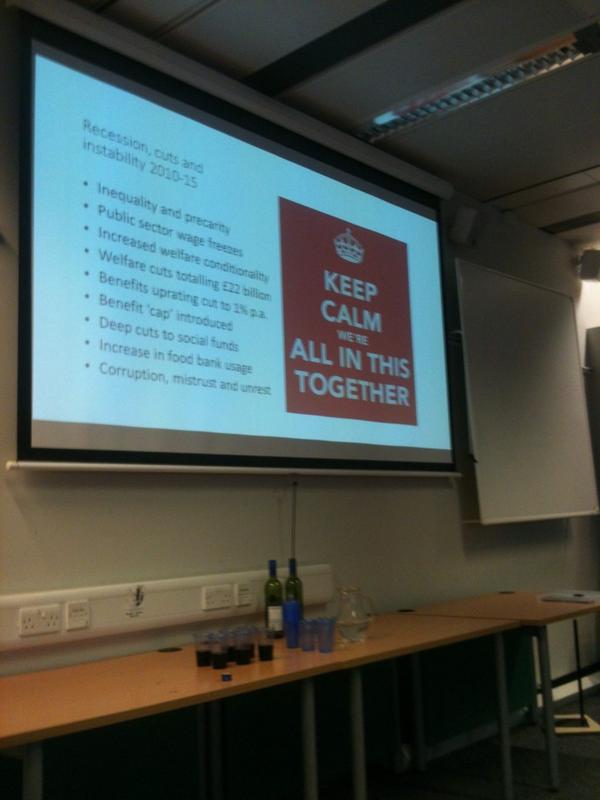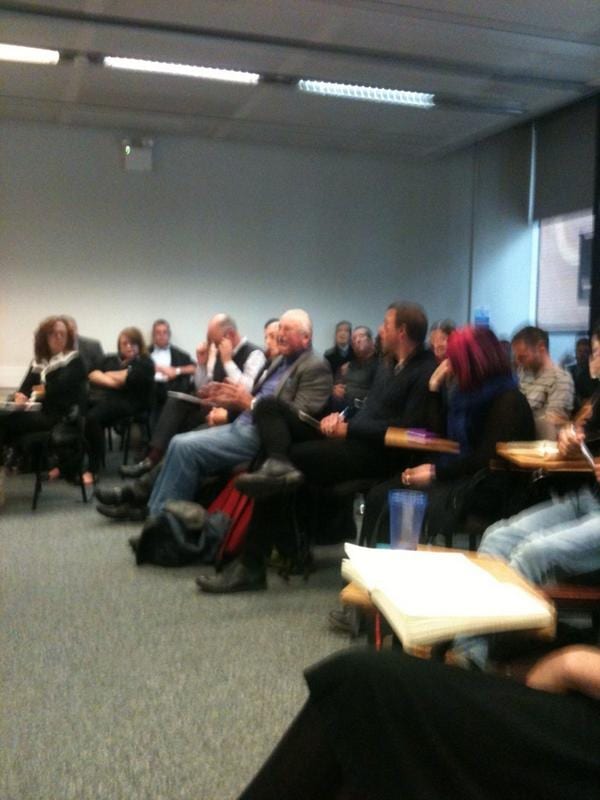‘What Happens Now: 21st Century Writing in English’ 4th Biennial International Conference, 27-30 June 2016, University of Lincoln
Conservative Politics/Radical Poetics
The 21st century gets more and more odd. Thomas Picketty claims we are returning to 19th century economic relations between capital and the masses. In Britain we have re-entered conservative politics despite the most blatant bankruptcy of capitalism since the Thirties, but at the same time the potential break up of the United Kingdom and with the European Union would be political developments as structurally decisive as the end of empire or World War I. Much the same is true in Europe and the world where conservative and radical visions seem to hang in the balance.
In literature too there is a curious mix of stasis and innovation. Modernism retains its mesmerising influence and literary writers like Zadie Smith, Tom McCarthy and Will Self still profess allegiance to its ageing paradigm – is that radical or conservative? Hilary Mantel and Jonathan Franzen have been immensely successful with the well-made novel: does that mean they are middlebrow? In poetry the war between mainstream and (post)modernism rumbles on, shorn of much of its vitriol but not of its substance: but are Grand Old Men like Geoffrey Hill, JH Prynne or Paul Muldoon revolutionaries? – and who reads contemporary poetry anyway, even in literary studies? In theatre debates continue over the political implications of new writing v devised theatre, the dramatic v post-dramatic, and passive v active spectatorship; meanwhile West End and Broadway musicals attract twice as many theatre goers as those attending plays.
In the 2016 WHN conference we invite scholars of 21st century literature to discuss radicalism and/or conservatism in form, function and affect. We welcome work on all forms of literature including fiction, poetry, drama, theatre, life writing, and graphic novels that has been published/performed since 2000.
Please send 250-350 word abstracts for 20-minute papers with brief biographical notes (about 50 words) in word format to the conference email address: WHN@lincoln.ac.uk by October 31st 2015. Panel proposals also welcome.
Conference organisers: Dr Siân Adiseshiah, Dr Ruth Charnock and Dr Rupert Hildyard.
Please send 250-350 word abstracts for 20-minute papers with brief biographical notes (about 50 words) in word format to the conference email address: WHN@lincoln.ac.uk by October 31st 2015. Panel proposals also welcome.


